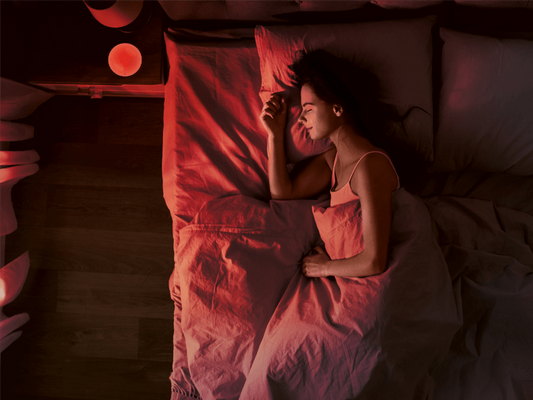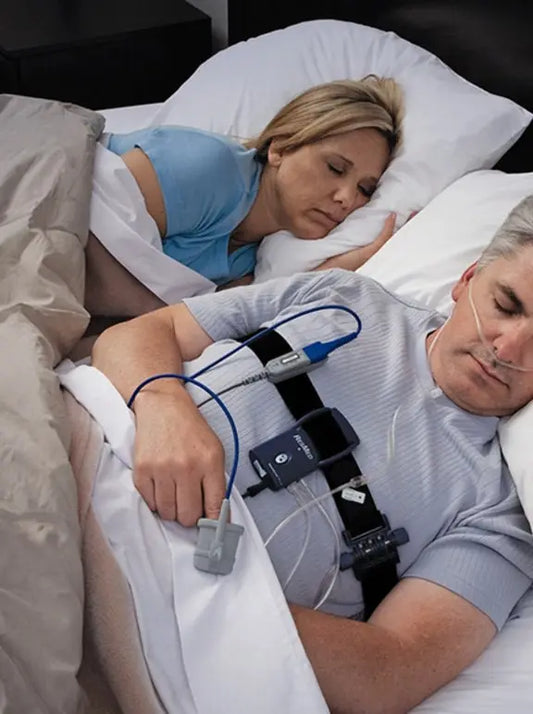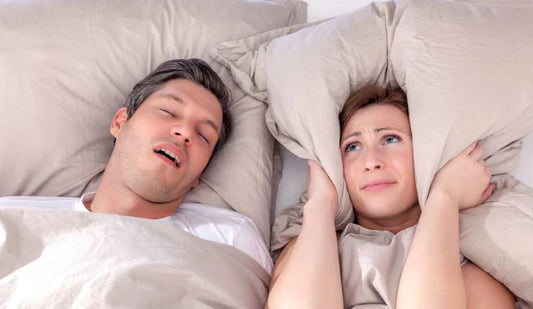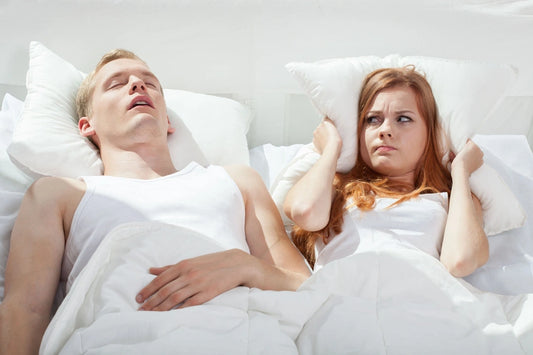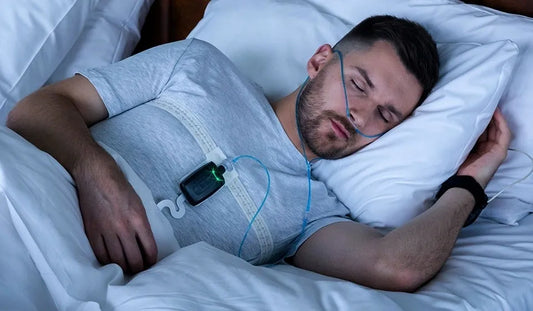Sleep disorders such as sleep apnea are often the causes of allergic rhinitis. Indeed, sleep apnea is often accompanied by a stuffy nose, asthma attacks and allergies.
The pollution of closed spaces such as our bedrooms, our workplaces, or even school classrooms are places that have harmful effects on the quality of our breathing.
Better understanding the link between allergies and breathing disorders is essential for proper care of people with sleep disorders. Scientific studies show that allergic rhinitis increases the risk of sleep apnea.
Sleep apnea affects approximately one in six people worldwide. At the same time, between 20% and 30% of the population suffer from allergic rhinitis. Individuals with allergies are more likely (a 44% increase) to develop sleep apnea. In addition, almost 60% of adults with allergic rhinitis and 90% of children have disturbed sleep. Studies also show that the more severe the allergic rhinitis, the more serious the sleep disorders such as sleep apnea. Finally, more than 60% of children with allergies snore.
These results leave no room for doubt. Allergy is a factor increasing the risk of sleep apnea.
Why does allergy promote sleep apnea and disrupt sleep?
Allergic rhinitis causes a stuffy nose. This has the effect of forcing the person to breathe through their mouth. The result of this nasal obstruction is that the individual often ends up snoring. Snoring does not allow a smooth passage of air through the airways. Thus, involuntary interruptions of breathing occur which have the effect of micro-awakenings disrupting sleep.
A stuffy nose from childhood and difficulty breathing through the nose at night promote mouth breathing. These sometimes induce anatomical changes in the airways during the development of the child. These growth defects primarily affect the narrow, arched palate that is commonly found in people with sleep apnea.
In addition to increasing the risk of sleep apnea, allergic rhinitis disrupts sleep in the majority of cases. Repeated lack of air during the night affects the sleep cycle and the circadian rhythms regulating the different phases of sleep.
Another link between allergic rhinitis and sleep disorders is histamine. This hormone plays an important role in the immune system. During an allergic attack, histamine is strongly secreted. At the same time, we know that histamine regulates the sleep-wake cycle. Thus a high level of histamine will certainly cause sleep disorders.
What we can conclude
These studies allow better management of people suffering from chronic allergies and sleep apnea. Allergists should, on the basis of this work, question their patients with allergic rhinitis about their sleep and in particular seek to find out whether they do not suffer from sleep apnea. Conversely, they can advise people with disturbed sleep and sleep apnea to follow a complete allergological assessment.
Find out more:
- Asthma and sleep apnea;
- Nose blocked at night: causes, remedies, and explanations;
- Blocked sinus: causes, consequences, treatments ;
- Cold: symptoms and treatments ;
- Sleep apnea and risk of stroke ;
- Apnea and risk of depression ;
- Sleep apnea: risk factor for pneumonia ;
- Diabetes and sleep apnea ;
- Covid-19 and sleep apnea.
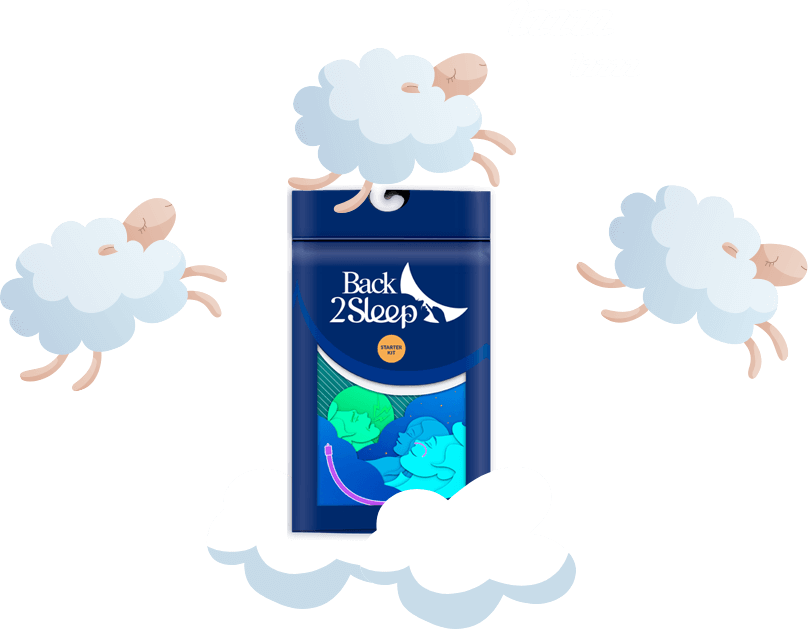
- Choosing a selection results in a full page refresh.
- Opens in a new window.


